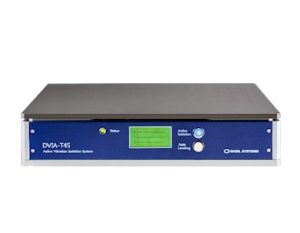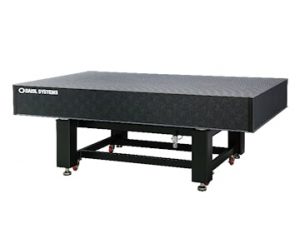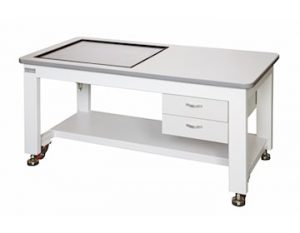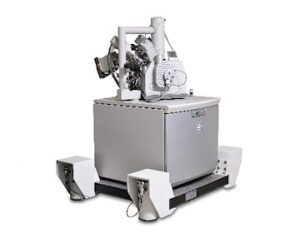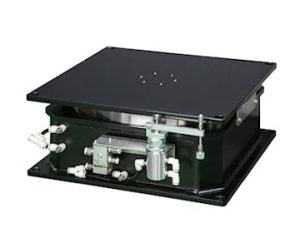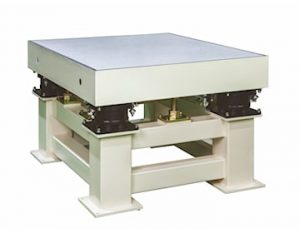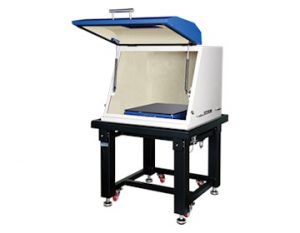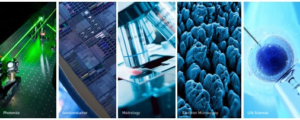 PR Team | 2025.05.14.
PR Team | 2025.05.14.
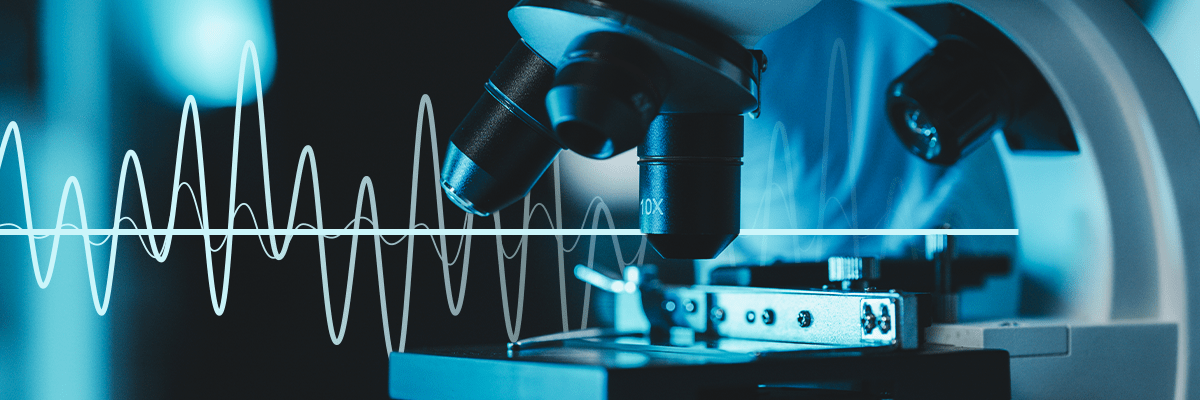
In research environments, where precision experiments and accurate measurements are crucial, even the smallest unintended vibration can profoundly impact results. Experiments in diverse scientific fields—such as physics, chemistry, and life sciences—are highly sensitive to external factors, where vibrations originating from the floor or structural movements can undermine the reliability of quantitative data. In the past, scientists pursuing discoveries have encountered considerable difficulties, frequently hampered by imperceptible vibrations.
Precision instruments such as optical microscopes, analytical balances, and spectrometers are extremely sensitive to even the slightest vibrations. For accurate and repeatable results, the stability of the installation environment is essential. For instance, even minute vibrations in the experimental setup can cause image distortion in high-magnification optical microscopes. Similarly, analytical balances, which measure minute quantities, may yield fluctuating or erroneous readings due to vibrations. Spectrometers, which analyze light absorption, emission, and scattering, are also susceptible to external vibrations that can compromise data integrity. Despite working on different principles, all these instruments share one common trait: they are sensitive to vibration.
To overcome these challenges, vibration isolation systems play a critical role in the research lab. These systems effectively isolate sensitive equipment from vibrations originating from the lab floor, thereby ensuring stable operation and proving indispensable for establishing reliable research environments. DAEIL SYSTEMS offers a range of solutions, including desktop vibration isolators (DVIA-T series), passive isolators (DVIP series), and active isolators (DVIA series), each tailored to specific research needs and environmental conditions. The DVIA series, an active vibration isolator, detects vibrations in real time via sensors and actively counteracts them, particularly excelling at controlling low-frequency vibrations. Meanwhile, the DVIP series, a passive isolator, utilizes air springs or elastic materials to absorb vibration energy in specific frequency ranges, offering stable performance with easy maintenance.
The appropriate selection of a vibration isolation system, based on the sensitivity of the equipment, is critical for ensuring the accuracy of experimental outcomes. DAEIL SYSTEMS presents customized solutions based on the research goals and environmental conditions of our clients, contributing to the creation of stable lab environments and the generation of reliable, error-free outcomes. As researchers increasingly demand precise data, DAEIL SYSTEMS’ vibration isolation solutions will continue to be vital in mitigating the unpredictable disruptions caused by vibrations, further underscoring the growing importance of vibration control technology in scientific research. 

